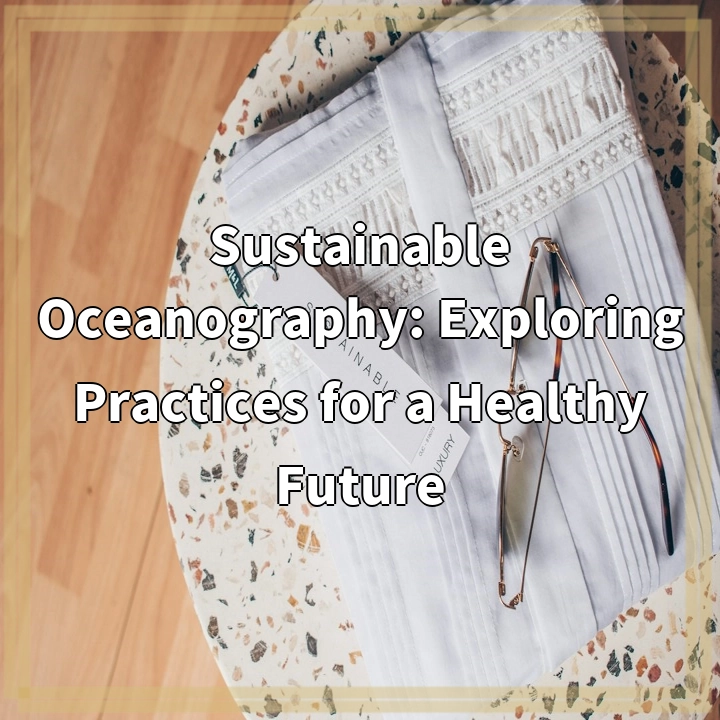
What is Plant-Based Eating?
Plant-based eating refers to a dietary approach focused on consuming primarily or exclusively plant-derived foods such as fruits, vegetables, whole grains, legumes, nuts, and seeds. It involves minimizing or eliminating the intake of animal products, including meat, poultry, dairy, and eggs. Plant-based eating is more than just a diet; it is a lifestyle that promotes a sustainable and eco-friendly way of nourishing our bodies.
The Power of Plant-Based Eating
Plant-based eating offers numerous benefits for both individual health and the environment. From a health perspective, a plant-based diet can reduce the risk of chronic diseases like heart disease, type 2 diabetes, and certain types of cancer. It is rich in essential nutrients, vitamins, and minerals while being lower in saturated fats and cholesterol. Additionally, plant-based diets tend to be higher in fiber, which supports digestive health and helps to maintain a healthy weight.
On the environmental front, plant-based eating has a lower carbon footprint compared to meat-heavy diets. The production of animal-based foods contributes significantly to greenhouse gas emissions, deforestation, and water pollution. By choosing plant-based options, we can help mitigate climate change, conserve natural resources, and protect biodiversity.
Real-World Problems Associated with Plant-Based Eating
While plant-based eating offers numerous benefits, there are also some challenges and problems that need to be addressed. One common concern is the accessibility and affordability of plant-based foods. In many areas, fresh fruits, vegetables, and plant-based protein sources may be more expensive or less readily available compared to processed and animal-based alternatives. This can make it difficult for some individuals and communities to adopt and maintain a plant-based lifestyle.
Another problem is the lack of proper education and understanding about plant-based eating. Many people may be unfamiliar with how to plan balanced meals without animal products or may have misconceptions about the nutritional adequacy of a plant-based diet. This highlights the need for effective education programs that provide accurate information and practical guidance to support individuals in adopting and sustaining a plant-based lifestyle.
Finally, overcoming societal norms and cultural traditions that heavily incorporate animal products can be a challenge. People often have deep-rooted habits and emotional attachments to certain foods, making it difficult to change their dietary preferences. Adapting social norms and creating a supportive community that encourages and celebrates plant-based eating can help individuals overcome these barriers.

Solutions for Plant-Based Eating
While there are challenges associated with plant-based eating, several solutions can help overcome them and promote the adoption of a plant-based lifestyle.
Improving Accessibility and Affordability
Initiatives should focus on making plant-based foods more accessible and affordable to all communities. This can be achieved by supporting local farmers’ markets, community gardens, and urban farming projects. Government subsidies and incentives for plant-based food producers can also help reduce the cost and increase availability of nutritious plant-based options.
Education and Awareness
Increasing education and awareness about the benefits and nutritional adequacy of plant-based eating is essential. Schools, healthcare providers, and community organizations can play a key role in providing accurate and practical information. Promoting cooking classes, workshops, and online resources that focus on plant-based recipes and meal planning can empower individuals to incorporate more plant-based options into their diets.
Cultural Shift and Social Support
Creating a cultural shift towards embracing plant-based eating requires community support and a shift in social norms. Encouraging conversations and dialogues about the environmental and health impacts of our food choices can be helpful. Establishing plant-based eating clubs, potlucks, and online communities can provide a supportive environment for individuals to share experiences, swap recipes, and address challenges together.
Innovation and Research
Ongoing research and innovation in plant-based food alternatives play a vital role in addressing the real-world problems associated with plant-based eating. Developing new plant-based products that closely mimic the taste, texture, and nutritional profile of animal-based foods can help bridge the gap and make the transition to plant-based eating more seamless and enjoyable for individuals.
Policy and Regulation
Policymakers should consider implementing measures that promote and support plant-based eating. This can include incentives for restaurants to offer more plant-based options, labeling standards that clearly indicate the environmental impact of food choices, and policies that reduce the consumption of animal-based products in institutional settings, such as schools and hospitals.















